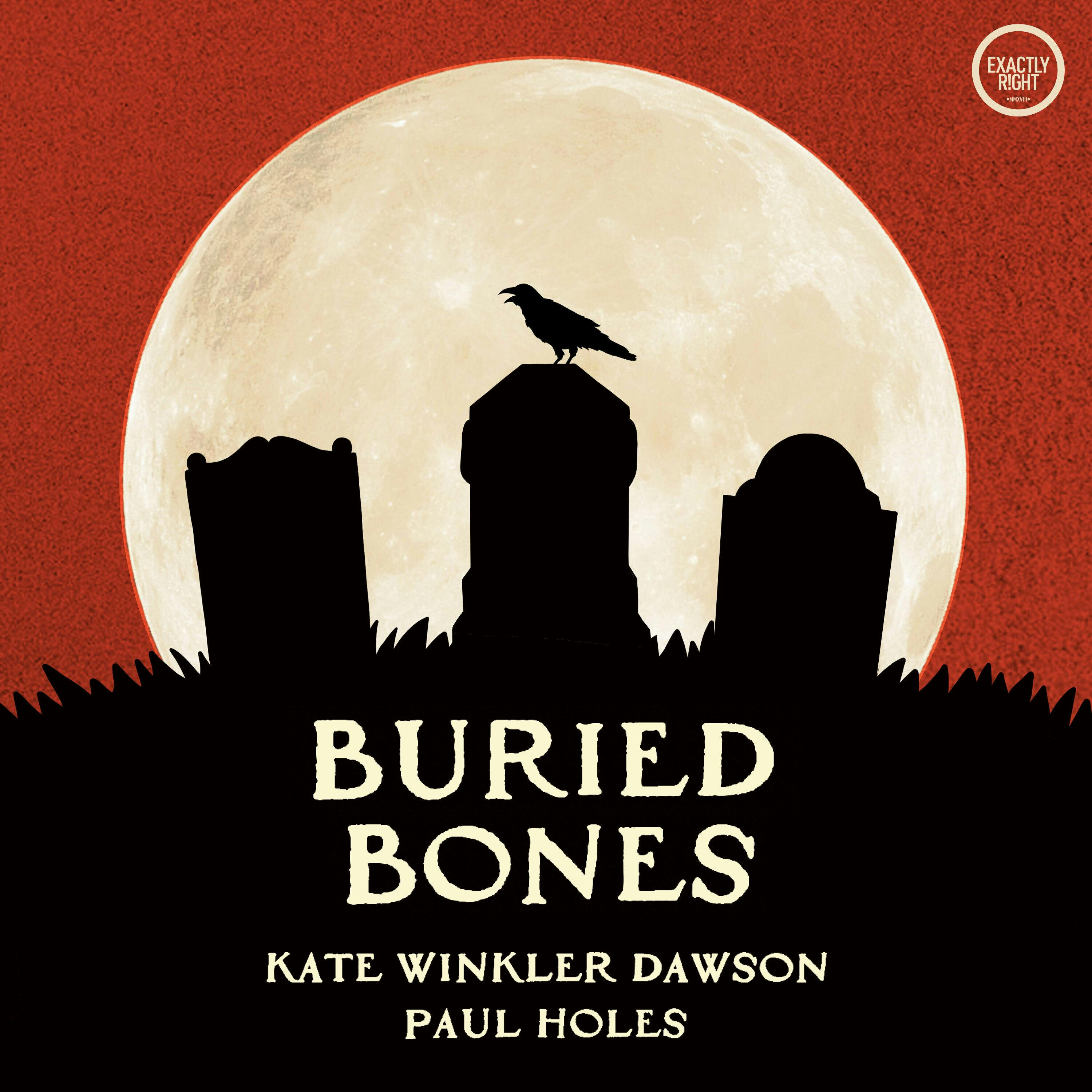Cut Down
In this week’s episode, Kate and Paul head across the pond to 1922 London, England where a married couple leaves the theatre and one of them doesn't make it home alive. After an investigation into the crime scene and their personal lives, some aspects become hard to overlook.
Support this podcast by shopping our latest sponsor deals and promotions at this link: https://bit.ly/4buCoMc
See omnystudio.com/listener for privacy information.
Press play and read along
Transcript
Transcript is processing—check back soon.
Buried Bones - a historical true crime podcast with Kate Winkler Dawson and Paul Holes — Cut Down
